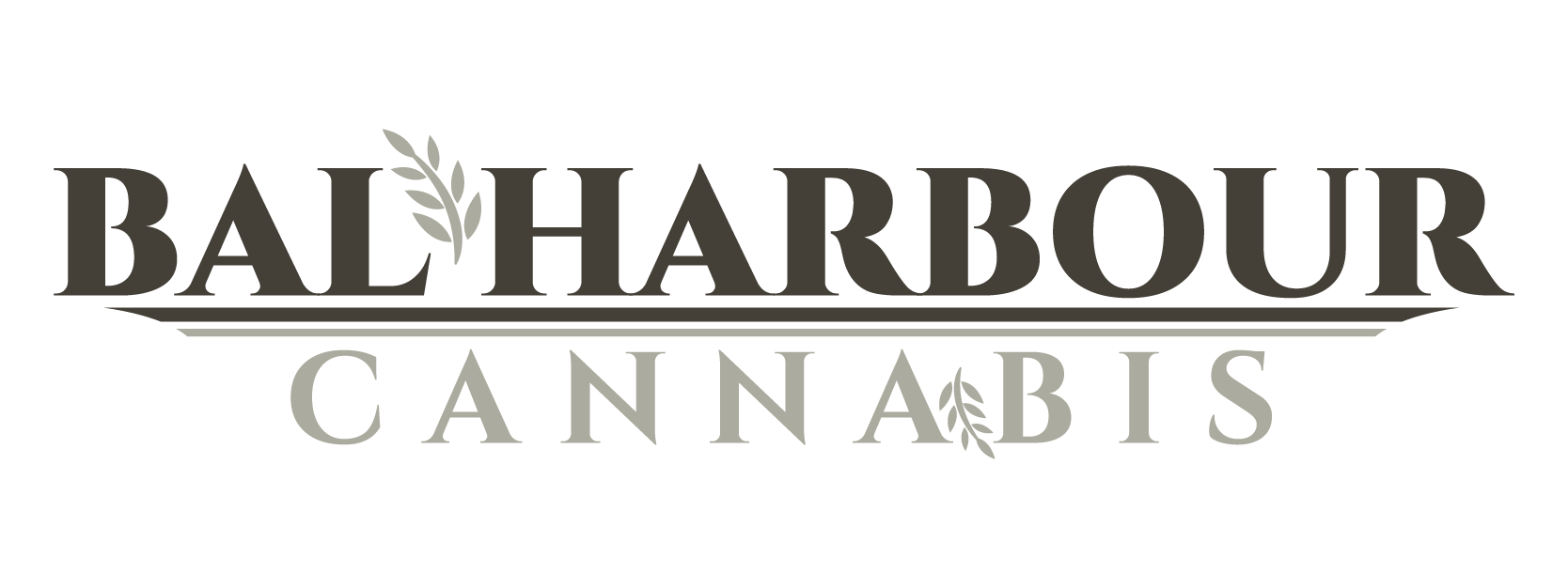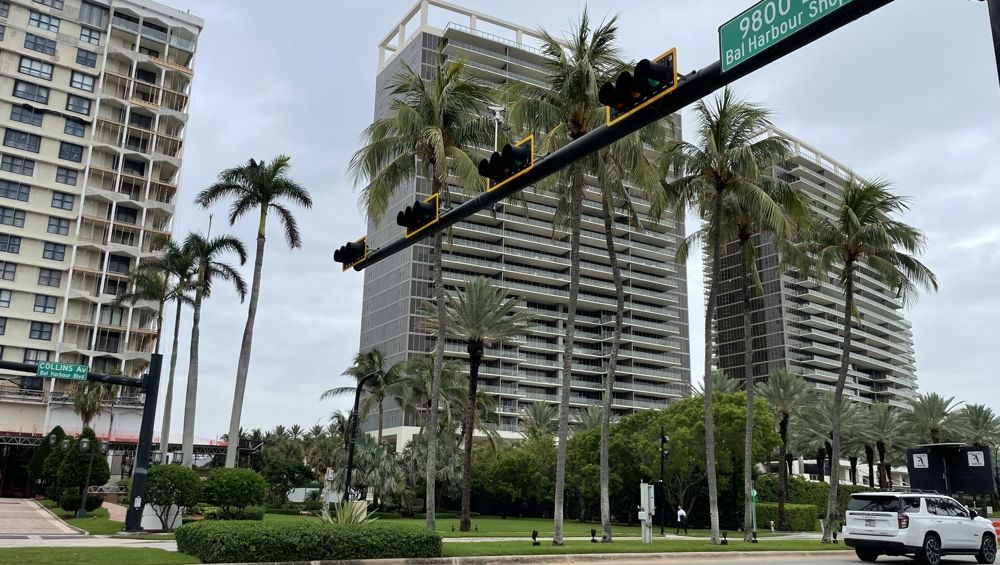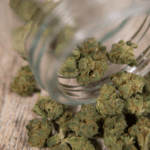Bal Harbour’s luxury retail and hospitality ecosystem sits at the crossroads of several U.S. cannabis trends in 2025. While Florida remains medical-only, national policy and consumer behavior will shape how brands, landlords, and service businesses plan for the next 12–24 months.
First, the federal rescheduling saga continues. HHS recommended moving cannabis to Schedule III, and the Justice Department proposed a rule in 2024, but a final decision has not arrived; hearings were delayed in early 2025. Until then, IRS Section 280E still applies, keeping effective tax rates elevated for plant-touching operators. If Schedule III ultimately takes effect, the industry’s 280E burden would lift and margins could improve—yet interstate commerce would still be barred and rescheduling would not itself legalize marijuana.
Banking reform is the other federal lever to watch. The SAFER Banking Act drew fresh, bipartisan support from state attorneys general in July 2025, underscoring industry and public-safety arguments for normalized financial services. Passage would not legalize cannabis, but it could expand card acceptance, lending, and insurance—relevant to high-end retailers and property owners weighing tenancy risk. Investor sentiment remains cautious amid policy uncertainty and price compression.
Second, Florida’s adult-use outlook dimmed after Amendment 3 failed to meet the 60% threshold in November 2024. Since then, new limits on citizen-led ballot initiatives are being litigated, potentially complicating future legalization attempts. For Bal Harbour, the near-term baseline remains medical-only access, with tourist demand channeled to hemp-derived alternatives and wellness-oriented retail experiences.
Third, the fastest-moving consumer story is hemp-derived THC beverages. Nationally, low-dose, “sober-curious” formats are expanding in mainstream venues while lawmakers move to tighten rules. In Florida, repeated efforts to sharply restrict intoxicating hemp products have stalled, including a 2024 gubernatorial veto and another unsuccessful push in 2025. For Bal Harbour, that means hotels, restaurants, and grocers will likely keep encountering these products—while preparing for closer scrutiny and clearer labeling and age-gating standards.
Fourth, cannabis hospitality is advancing unevenly. Nevada’s lounge experiment shows both promise and friction: regulators reported two state-licensed lounges operating as of early 2025, and one has since paused public service amid cost and rule challenges. The lesson for Florida—if on-site consumption is ever contemplated—is that ventilation, staffing, and the no-alcohol rule are pivotal to viable models.
Finally, product mix is shifting. Pre-rolls continue to gain share across mature markets, while beverages, though still a small slice, are growing at a double-digit clip. For Bal Harbour–area dispensaries serving residents and winter visitors, that points to curated pre-roll assortments (including infused and multi-packs) and a premium, low-dose beverage set that aligns with luxury, wellness, and beach-friendly occasions.
Pricing and promotions are recalibrating too. Headset’s 4/20 readout showed only modest gains in sales and basket sizes even amid steep discounts, highlighting consumer price sensitivity in newer adult-use markets. For Bal Harbour, that points to disciplined pricing, tight inventory turns, and differentiated, premium SKUs rather than across-the-board markdowns and curated concierge services.
What to watch next: any definitive federal rescheduling action; movement on SAFER Banking; Florida’s 2026 ballot pathway; and state-level rules governing hemp beverages. In the meantime, operators and landlords in Bal Harbour can de-risk by tightening age-gating and labeling policies for hemp products, building cash-lite payment options where permitted, and stress-testing tenancy and ventilation standards against future lounge or retail concepts.





